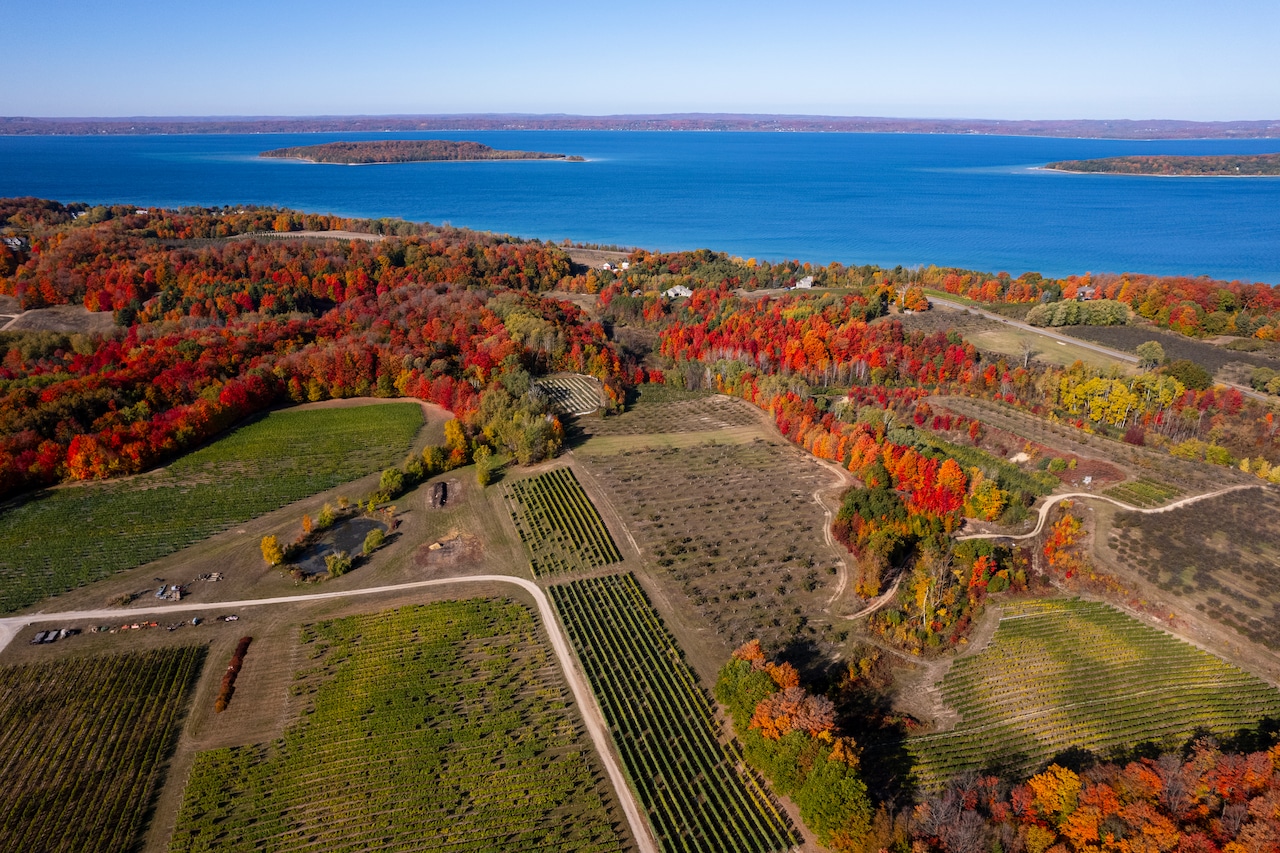Copyright M Live Michigan

PENINSULA TOWNSHIP, MI – Wineries in Michigan’s Old Mission Peninsula are proposing a settlement with local government after a federal judge ruled they were owed $50 million in business damages. The wineries sent a letter to Peninsula Township on Thursday, Oct. 30, saying they would consider a settlement deal that would reduce the court-ordered payout. Township Supervisor Maura Sanders told MLive the township board and legal counsel will need to review the proposal next week. The dispute started five years ago when a group of 11 wineries argued the township’s agricultural zoning rules around noise and events stifled business. Michigan’s wine country is now trying to untangle itself from the years-long dispute with the local government, but only if the township agrees to their requirements. While the complete settlement proposal remains confidential, Wineries of Old Mission Peninsula (WOMP) shared their letter to the township with MLive. The proposal seeks “practical clarity on basic business operations that will allow family-owned wineries to remain viable while maintaining Old Mission’s rural character.” Here’s what the group of wineries are requesting as settlement terms: Adoption of a noise standards limiting outdoor sound after 9 p.m. Sunday-Thursday and 11 p.m. Friday-Saturday. Capacity limits based on Michigan building and fire codes, not arbitrary caps. Permission for normal agricultural business activities, including food service and merchandise sales. Clear standards for events, tents, and outdoor amenities that balance community enjoyment with neighborhood peace. The group’s letter was specific about these business operating terms being finalized before they consider accepting a reduced amount from the approximately $50 million awarded by the court. These demands are what spurred the 2020 lawsuit. The peninsula’s wineries came together to push back on decades-old zoning regulations that kept them from hosting weddings, playing loud music and selling some merchandise, among other restrictions. The township argued wineries were becoming too commercial and eating away at the rural character of Michigan’s pinky. In July, U.S. District Court Judge Paul Maloney sided with the wineries, expressing they were owed damages due to “an impossible to understand ordinance and arbitrary enforcement of the same.” Since then, the township has struggled to find the funds. At the end of July, Sanders said the township budget was not prepared for the large payout, but wanted to avoid adding cost to taxpayers. Sanders floated budget-cutting ideas like selling a historic lighthouse, suspending park and cemetery maintenance or closing all township offices. The wineries responded saying these suggestions were a “PR stunt” meant to villainize them.



